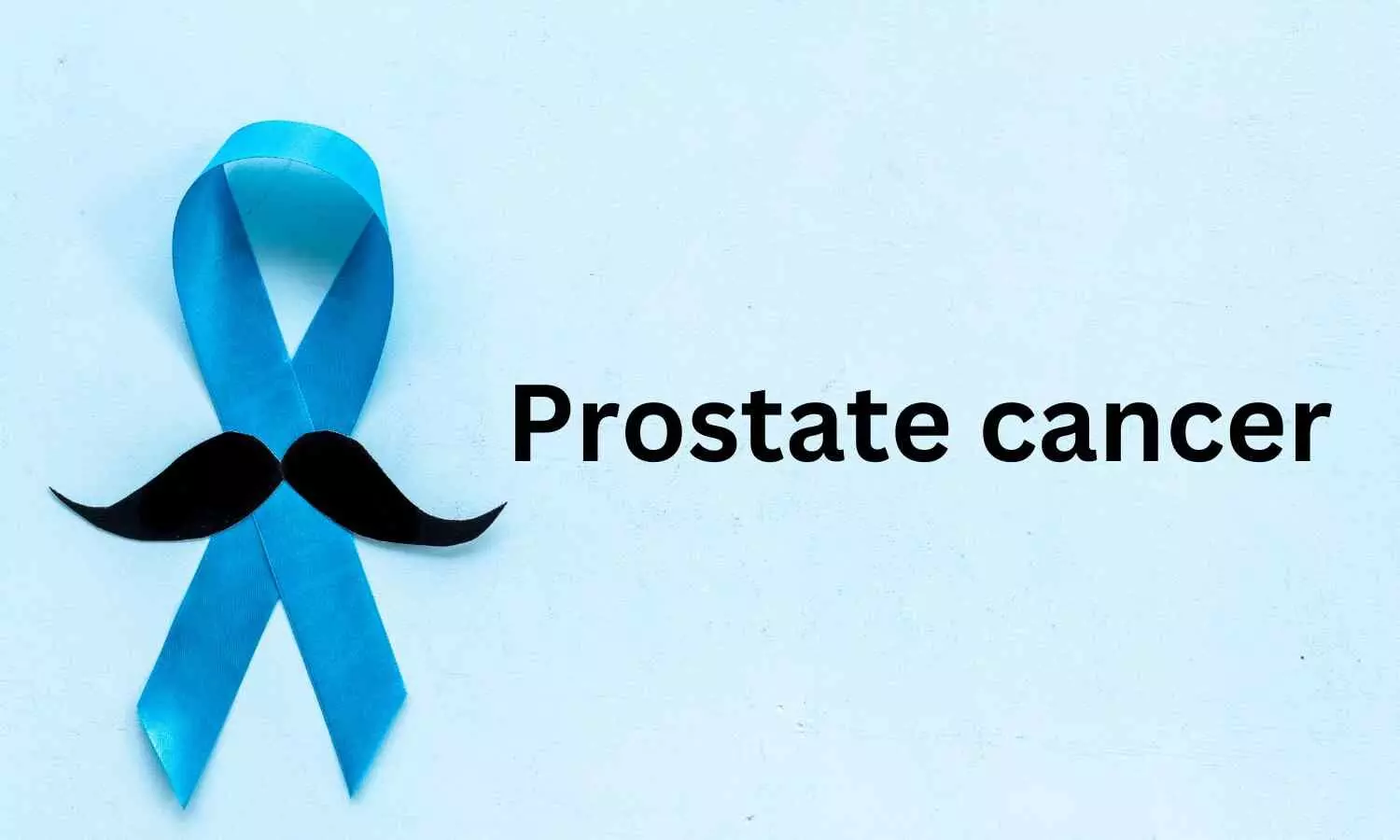
President Donald Trump was blunt during his announcement Monday about a link between Tylenol and autism.
He blamed the drug for increased autism risk when it’s taken by women during pregnancy, according to NPR.
“Taking Tylenol is not good — I’ll say it: It’s not good,” Trump said, according to NPR.
He later said that if pregnant women “can’t tough it out,” limited use of Tylenol or acetaminophen, the generic version, might be necessary, according to NPR. But ideally, pregnant women shouldn’t take it at all.
But what science really has to say about the matter is different.
Researchers do not yet know for sure whether Tylenol causes autism, according to The Yale School of Public Health.
Multiple studies have shown an association between frequent use of Tylenol during pregnancy and some negative effects in children’s neurodevelopment, the school said. But the studies were not all specific about autism and association is not the same thing as direct cause.
It’s possible that other factors related to Tylenol use are driving the associations, Yale said.
The school noted that regulatory and clinical agencies currently consider Tylenol safe to use during pregnancy, but knowledge is constantly evolving. The guidelines could change if new information emerges that suggests a bigger risk.
Untreated fever in pregnant women can pose a risk to both the woman and her child. Pregnant women shouldn’t fear treating pain or fever, according to Yale.
But it’s also important that they know that frequent prolonged use of Tylenol during pregnancy is a potential risk.
If pregnant women need pain relief, they should talk with their doctors. When taking Tylenol, they should use the lowest dose that works for them for the shortest amount of time, according to Yale.
The Food and Drug Administration acknowledged the uncertainty around Tylenol and autism in the notice it issued Monday to doctors about the subject, according to NPR. The agency noted that the matter is an area of ongoing scientific debate.
The FDA said that “while an association between acetaminophen and autism has been described in many studies, a causal relationship has not been established and there are contrary studies in the scientific literature,” according to NPR.
During Trump’s announcement, officials pointed to a study done by Harvard University and other researchers that found that women who reported taking acetaminophen during pregnancy seemed more likely to have a child who was later diagnosed with autism, according to NPR.
Ann Bauer, an epidemiologist at the University of Massachusetts and one of the researchers involved in the study, told NPR she believes women should be told about a possible risk from acetaminophen. But she was also worried about the government offering guidance on its use.
“I’m a little concerned about how this message is going to come because I think they may be jumping the gun,” Bauer said before the announcement was made, according to NPR. “I think those of us in the research community would like to see stronger evidence.”
Autism diagnoses have been rising in recent years, but experts believe that’s because of increased attention on the condition and changing diagnostic criteria. Many scientists believe autism is ultimately caused by a complex mix of genetic and environmental factors.
Autism symptoms can vary widely and range from mild to severe. The condition can affect social communication, cause repetitive behaviors and affect language development, according to Politico.



